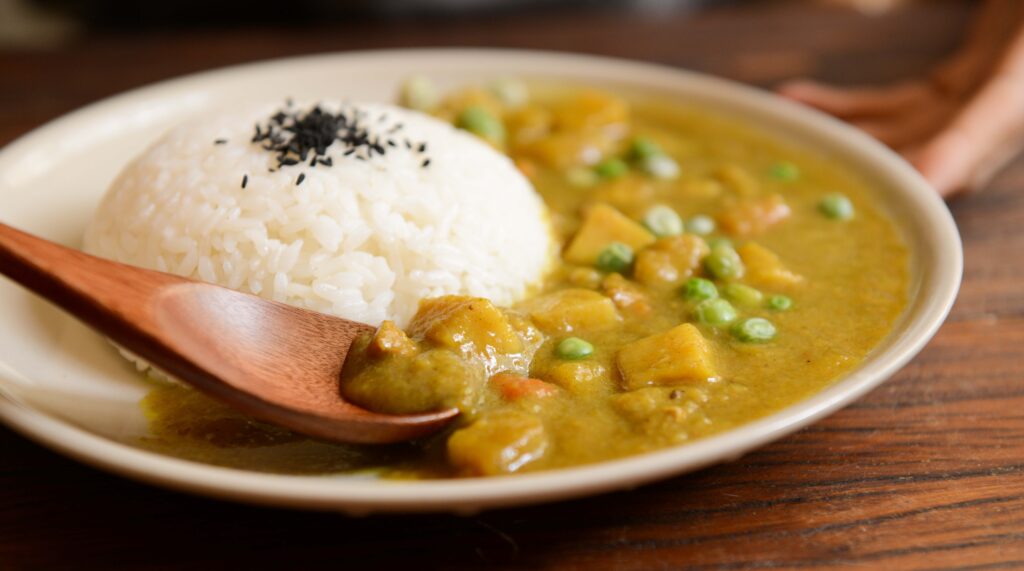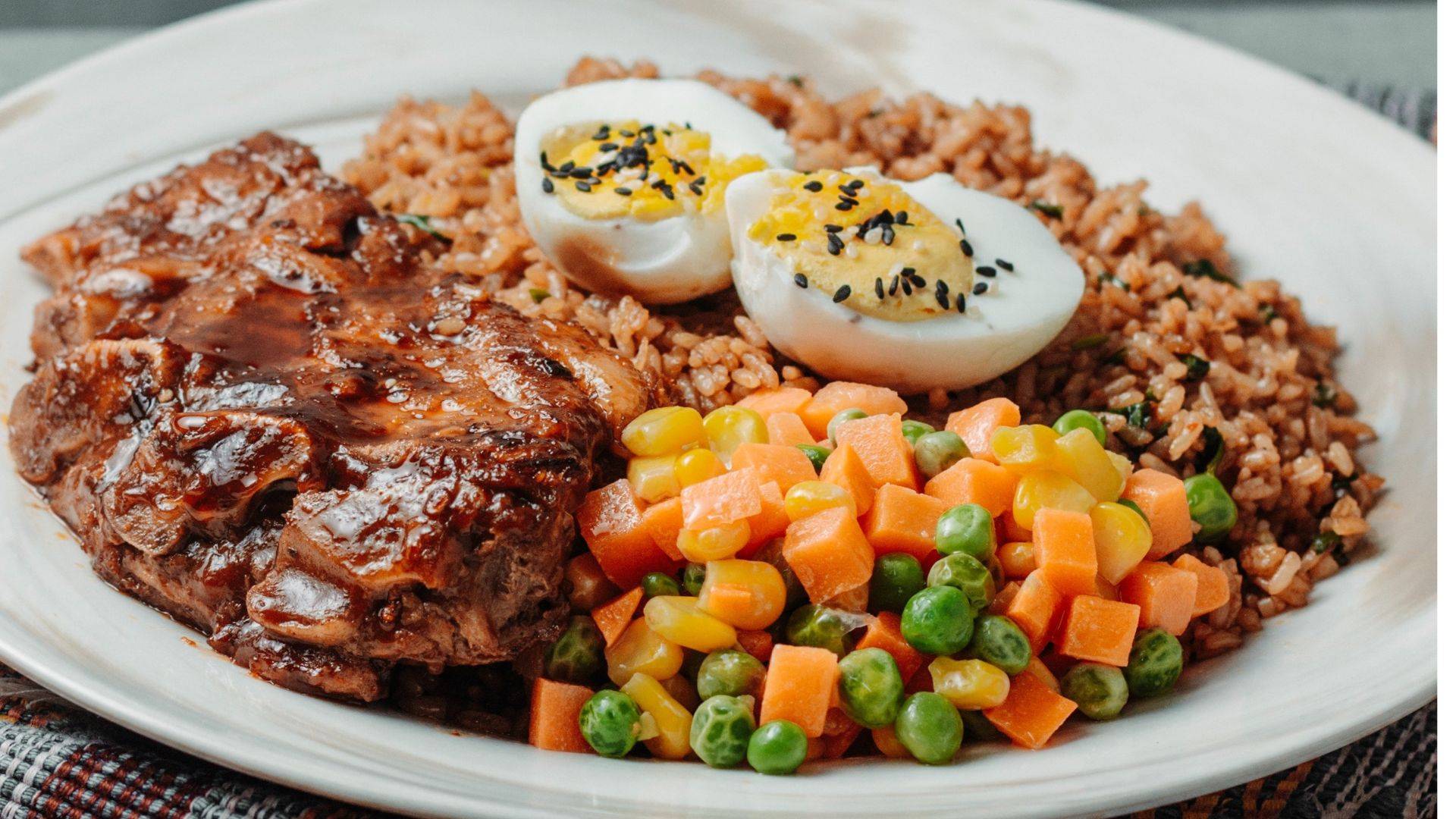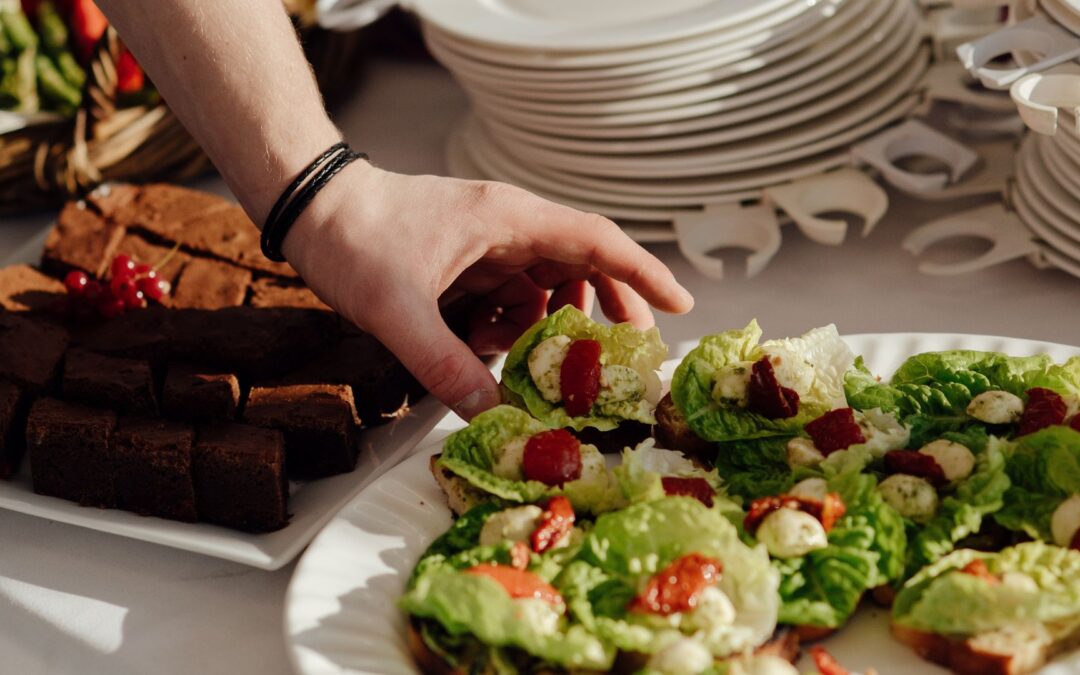Sehri is a must-follow pre-dawn meal for Muslims who wish to fast during the day. Fasting is considered one of the structural pillars of Islam. Even though there are optional “Saom”, fasting during Ramadan is mandatory for every non-disabled Muslim adult. According to Islamic regulations, the person who wishes to fast must have the Sehri, even though it is as little as a pair of dates with a glass of water. Therefore, Sehri has become an unignorable meal in Ramadan for Muslims across the globe.
The Ideal Time for Sehri
It is mandatory to complete Sehri before the “Subh Sadik” time, which is a few minutes before fajr prayer time. In Bangladesh, local mosques give several announcements reminding the time of Subh Sadik. It is not unusual that it is hard to wake up on time and many people either skip the Sehri or devour the meal as fast as possible. Both of them are unhealthy and harmful to health. For this reason, it is advisable to have Shehri at least 30 to 45 minutes earlier for a proper digestion process.
Food Habit Across Our Culture
Sehri is the second principal meal in Ramadan cuisine. Each culture prefers to have nutritious meals rather than delicious meals. One of the most common Sehri items in Bangladesh is eggs and chicken, along with plain rice and lentil. Some families prefer to have “Dudh-bhaat”, a simple rice dish made of ripe banana and whole milk for easier consumption. Also, many people switch rice with plain chapati or oatmeal to reduce carbohydrate intake. It is a common tradition in all Muslim cultures to start both Sehri and iftar with a glass of water.
All in all, the recipes of Sehri are nutrient yet straightforward enough to keep the body active and energetic until the time of iftar. This year the iftar time in Bangladesh is approximately a quarter past 6 PM. Thus maintaining a hydrated body is necessary during this summertime of Ramadan.

Importance of Sehri
Many people skip Sehri during Ramadan, and there is a misconception that just having water is more than enough for Sehri. There are two primary reasons behind it; firstly, due to fatigue, many people are unable to wake up on time and secondly, they do not feel hungry enough. The logic behind the second reason is more vital because of the shorter night-time in summer Ramadan. Currently, the approximate time difference between iftar and Sehri is less than nine hours and it significantly reduces the appetite for another meal if someone overeats iftar.
A couple of easy-to-adopt habits can help increase the appetite during Sehri time. Firstly, the “Early to bed and early to rise” method. Sleep is not only the key factor to staying fit in Ramadan but also the nap before Sehri enhances the digestion process. Therefore, even though it is tough to wake up, setting the alarm a quarter an hour before fajr is advisable to avoid the rush. Secondly, is to set the table of Sehri to stimulate hunger. It will increase the appetite and help strengthen the bond between family members and the joy of having a meal together. Simple activities like cutting vegetables for salad or helping to arrow the plates on the table create a psychological effect to stimulate the urge of eating something.
What to Avoid in Sehri
The first and foremost thing to avoid in Sehri is overeating and overdrinking. It is harmful to health if someone fills his stomach because he will not be able to eat or drink most of the day. It is a poor decision because overeating is always discouraged by physicians. Moreover, drinking too much water dilutes stomach acids and forcefully regulates activities in the kidneys, which eventually leads to indigestion and bloating.
The second thing to avoid in Sehri is processed foods, especially refined sugar, dry foods and excessive salt. Refined sugar is the number one enemy of a healthy lifestyle in Ramadan, as we consume more than usual from beverages and sweets. Also, salty foods imbalance the ratio of sodium in the blood, which is responsible for increasing thirst as it draws water out of cells. Coupled with salts, spice is also a responsible factor behind gastric acidity.
Thirdly, deep-fried food must be avoided with greasy complex protein ingredients such as beef or mutton. It is undeniable that deep-fried food loses its nutrient value and high-fat dairy products consume more energy in the digestion process. In short, excess oil, processed foods, white sugar and high protein should be avoided in Sehri.
Last but not least, it is recommended to avoid caffeine-based drinks like tea or coffee. Caffeine beverages are already infamous for cutting off sleep time. There is another side effect that is often overlooked. Caffeine creates strong reactions in the brain to stimulate diuretic action. As a result, the body produces more urine, leading to increased thirst and faster dehydration. This is a crucial point to follow for all caffeine lovers in Ramadan.
Which foods are Ideal Choices for Sehri
Chiefly, the meal of Sehri should neither be skipped nor turned into a feast. Foods containing high fibres like whole grain rice or wheat, or oatmeal take a long time to digest yet consume less energy from the body. For this reason, it takes more time to feel hungry as well as aids to prevent constipation. In this case, foods with more fluids help the digestion process more. Simple vegetable soup or lentils pair well with foods full of high fibres.
Water is part and parcel of Sehri. It is advised to drink at least four glasses of water in Sehri. The water of green coconut is an excellent source of minerals and ions for the soon-dehydrating body. Another helpful nutrient combination can be warm skimmed or low-fat milk with honey. It improves sleep quality and boosts the energy level, which aids the body to stay active until iftar. Moreover, eggs and chicken are the most significant sources of non-vegetarian yet easier-to-digest proteins. Both ingredients create a wide variety of dishes that make the meal nutritious and tasty.
Lastly, but most importantly, dates are considered the first food for breaking the fast; it is equally important in Sehri. A couple of dates and a glass of milk can be viewed as an ideal Sehri meal as it has a perfect balance of glucose, carbohydrates, fibre and protein, which do not overload the digestion process.
To summarize, Sehri must not be skipped as it is not only an essential part of the Ramadan lifestyle but also beneficial for physical and spiritual health. Anas (RA) quotes the Prophet (PBUH) as saying: “Make sure to have your suhoor meal, for suhoor is blessed”. I am wishing all readers Ramadan Mubarak.






